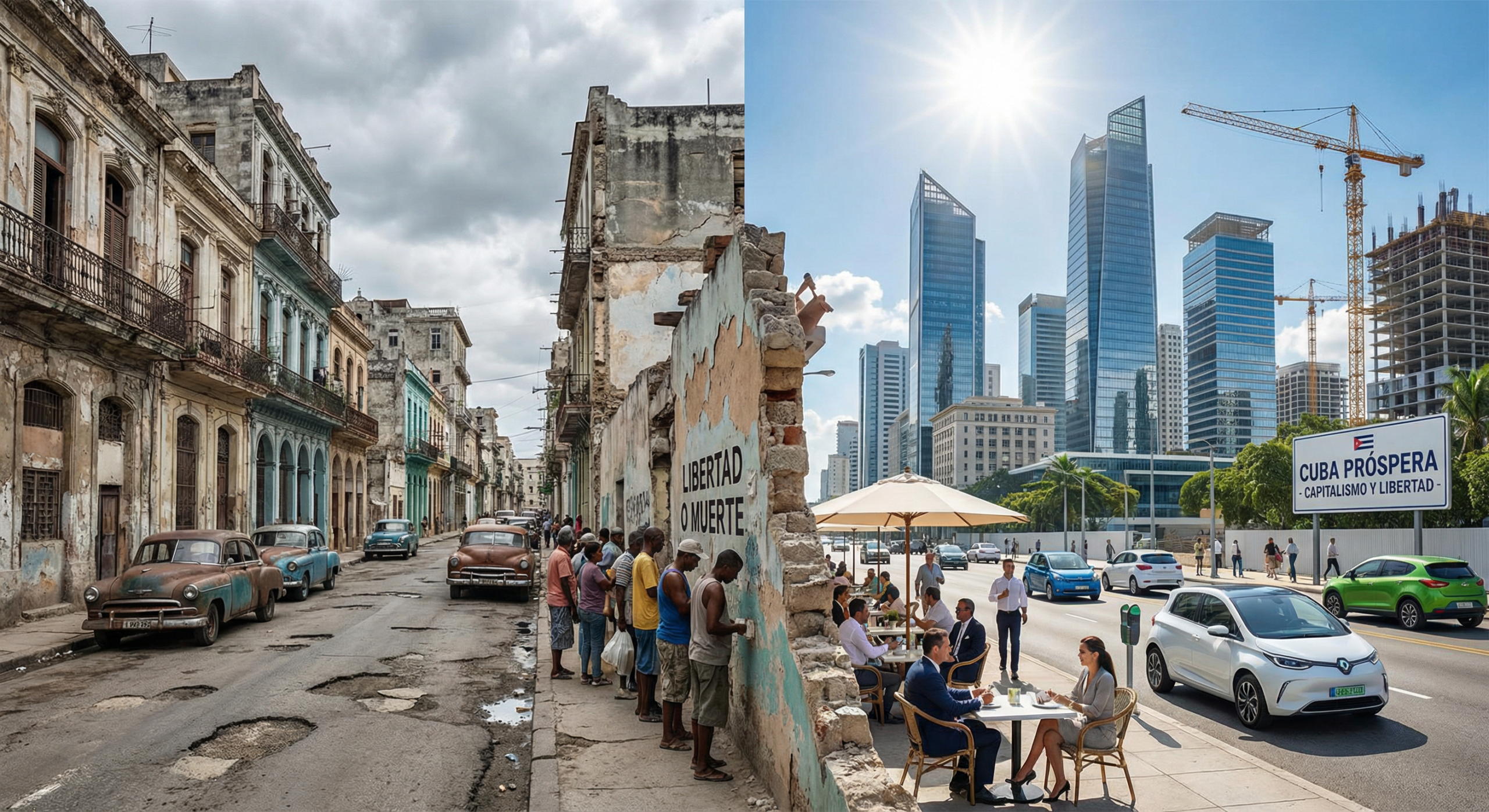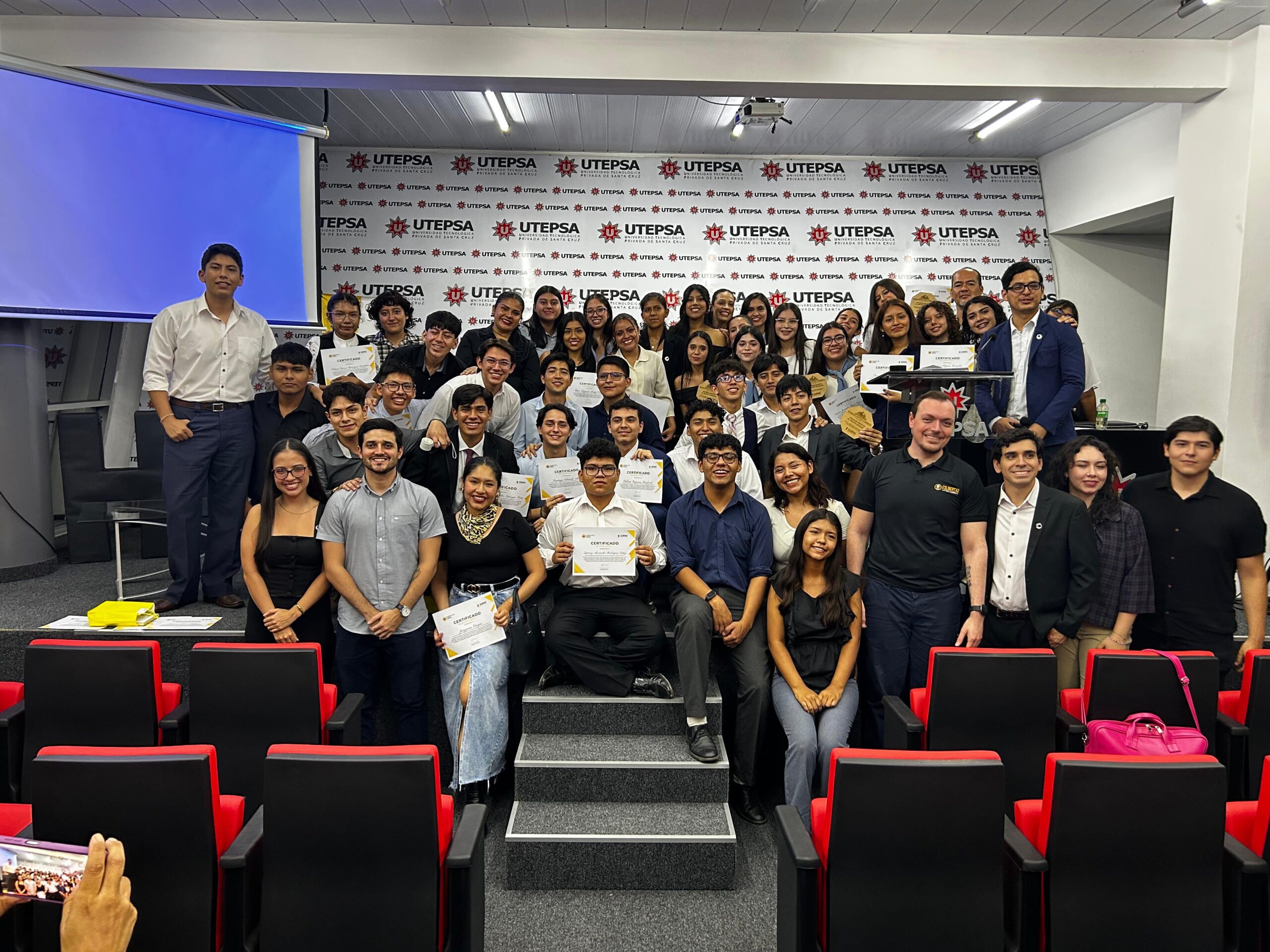This article was originally published on Free the People’s blog.
Eating cereal with chocolate milk, watching horror movies right before you go to bed, getting back together with your ex for the fourth time—some ideas sound wonderful in theory, but just don’t work when put into practice. President Joe Biden’s proposal to raise the federal minimum wage to $15 per hour belongs on that list.
The Raise the Wage Act of 2021 is designed to make voters feel like his administration is doing something, anything, about our current state of uncertainty and recession, all while ignoring economic reality and failing to address root causes.
Biden justifies his support for a $15 minimum wage by arguing that “nobody working 40 hours a week should be living below the poverty line.” While this statement is sympathetic at face value, the president misses a key point.
No matter how high the minimum wage climbs, businesses will continue to make decisions based on their own bottom line and value assessments, not the government’s, which means an over 100 percent minimum wage increase would have harsh unintended consequences.
Despite common beliefs, major minimum wage hikes actually destroy jobs
When the federal government sets the minimum wage at $15, business owners do not blink their eyes and magically start valuing all workers’ labor at $15 or higher. Instead, unskilled workers who employers believe generate a lower hourly value than that wage will be out of a job as their employers find cheaper ways to consolidate or automate their workload.
The Congressional Budget Office confirms this assessment, estimating that Biden’s Raise the Wage Act would cost 1.4 million jobs. More generally, David Neumark and Peter Shirley, writing for the National Bureau of Economic Research, found that nearly 80 percent of estimates in the relevant research literature indicate that increasing the minimum wage negatively affects employment.
Proponents of a minimum wage hike often argue that a higher salary will rescue workers from the poor conditions and unsatisfactory benefits associated with low-wage jobs. It’s not that simple. Tasks that are important to supply chains but not worth $15 per hour to employers will not just disappear—they’ll be automated, outsourced to countries with lower labor standards or even relegated to the informal economy.
In fact, according to Neumark and Shirley’s paper, 78.6 percent of studies on less educated workers in particular show a decline in their employment when the minimum wage rises. Those individuals who lose their jobs will not all be able to find higher-paying work. Some will end up unemployed in the long term, or competing for jobs exempt from the Fair Labor Standards Act, driving their benefits down even further.
Current minimum wage earners may find themselves worse off than ever before
Even those who do manage to keep their jobs might be surprised by what they find in their wallet after their initial pay raise. When Target raised its minimum wage to $15, it also cut employees’ hours to compensate for higher labor costs, resulting in even lower paychecks for some workers.
Similar stories of lost benefits and bonuses plague other major companies. If even highly profitable corporations feel pressed to make cuts in one area or another when wages increase, how can we expect less stable businesses to behave any differently?
Frankly, a global pandemic is not the time to be playing games with Americans’ employment. Unemployment has risen by almost 80 percent since January 2020, before COVID-19 wreaked havoc upon the United States. Nearly 45 percent of the 22.2 million jobs lost during this pandemic have yet to be recovered.
Yesterday, I found out that my favorite Indian restaurant in New York City, a nearly 40-year-old institution, had to shut its doors for good, and over 100,000 small businesses like it have met the same fate. If we are to rebuild our economy and return millions of opportunities to hardworking employees, a large, job-threatening minimum wage hike is a nonstarter.
How Biden’s plan would hurt small business owners
Biden’s minimum wage plan would also accelerate the consolidation of power in the hands of corporations that we’ve seen throughout the COVID-19 pandemic. So far, businesses have already had to rapidly adapt to meet social distancing guidelines and serve a virtual workforce, and large corporations have often found themselves better equipped to do so than their smaller competitors.
Apart from their greater ability to lobby the government, big businesses benefit from the fact that “competing in this environment requires scale, technology, and cash,” Dr. James Kwak wrote for The Washington Post. “Most mom-and-pop businesses don’t have those resources.”
Similarly, accommodating a higher minimum wage without shedding jobs is an easier task for established, high-profit corporations than for small or fledgling businesses in competitive markets. Call me cynical, but I don’t exactly buy that Amazon is lobbying for the Raise the Wage Act out of the goodness of its own heart. What’s more likely is that Amazon sees an opportunity to wipe out competition.
It’s a great thing when these corporations choose to pay employees better on their own accord to attract superior talent, but pushing $15 per hour as a public policy is a calculated move that will lead to more consolidation and a Main Street devoid of local character.
On the surface, raising the minimum wage to $15 may seem kind hearted. When reality sets in, though, there’s nothing kind about endangering workers’ jobs and putting small businesses at an even greater disadvantage.
To read more about the benefits of a free market economy, be sure to check out our cluster page by clicking on the button below.
This piece solely expresses the opinion of the author and not necessarily the organization as a whole. Students For Liberty is committed to facilitating a broad dialogue for liberty, representing a variety of opinions.









